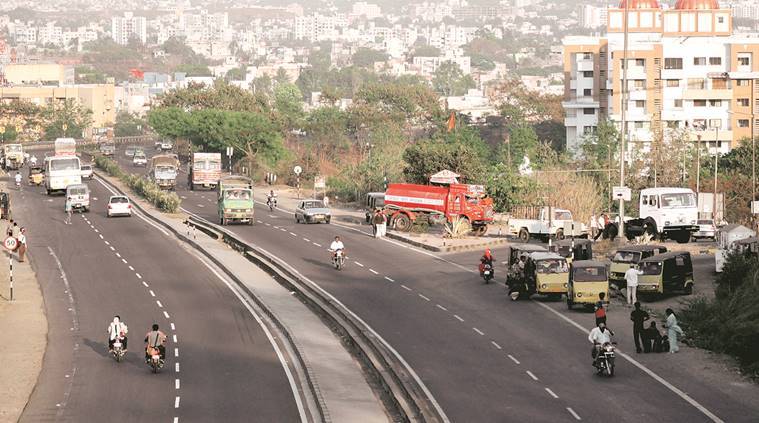The Indian govt. is reportedly ready to slash GST on EVs from 12% to 5% on July 25th. The decision will be taken by a special GST Council and could markedly reduce prices for the electric versions of two-wheelers — which is India’s largest automotive segment by sales volumes. The rate cut may also save customers an additional Rs1.5 lakh on banks loans to purchase EVs.
The Centre will also trial novel ‘electric highways’ between Delhi and Mumbai, and tier II and III cities. The highways will have overhead electricity cables that will be accessed by electric trucks, buses and light metro rails — most of which currently consume enormous amounts of diesel every year. A Rs700-crore soft loan has been secured for the project — which is also being trialled in Germany — and it will commence by 2021-2022.
India: UP leads EV adoption, TERI says 2030 target “hard to achieve” despite slew of initiatives
New data by India’s transport ministry suggests that Uttar Pradesh (UP) has the maximum number of registered EVs in the country — at around 1,39,000 battery-vehicles (mostly e-rickshaws and e-karts), out of the nearly 4,00,000 registered in total. Delhi was a distant second at 76,000.
On the other hand, Ajay Mathur — the head of TERI — said that without adequate desirability and acceptability amongst consumers, India’s 2030 target of 100% EV sales would be “hard to achieve”. Mathur did, however, propose that customers be paid for scrapping their IC engine cars.
Meanwhile, the Centre has begun issuing green license plates to EV owners to increase their visibility, has invited tenders for 1,000 EV charging stations under FAME-II, and will issue driving licenses for 16-18-year-olds (prospective first-time drivers) who want to ride electric scooters.
Tata to invest Rs4,000 crore in Gujarat li-ion battery plant
India’s Tata Group will invest Rs4,000 crore to set up a lithium-ion battery manufacturing plant in Dholera, Gujarat. The plant may be another step in the group foraying into e-mobility (after Ratan Tata’s funding for Ola’s EV enterprise). Most importantly, the plant will source power at a mere Rs4.65/kWh.
Toyota, BYD join hands to build EVs together
Toyota has confirmed in a significant announcement that it will collaborate with China’s BYD to develop EVs. Toyota is one of the world’s top five automakers and sold 10.4 million vehicles last year, while BYD is the largest manufacturer of EVs and sold in excess of 2,40,000 EVs in 2018. The announcement is also important as Toyota has been a vocal advocate of hybrids and hydrogen vehicles — and it’s not clear if the technologies will continue to attract Toyota’s investments.
China reaches 1 million EV chargers, UK to install EV chargers at every new home
EV chargers have breached the 1 million mark in China after posting an impressive 69.3% jump in installations since June 2018. The facilities are split 40:60 between public and private chargers, with 1,75,000 fast chargers for public use.
The UK, too, is heavily encouraging EV adoption and has released a draft plan that would make it mandatory to build an EV charging point at every new home that has parking space. The home owners may also be granted £500 to subsidise the cost of installation.
About The Author
You may also like
New report shows ways to build an efficient e-bus ecosystem in India
Corporate watchdog accuses Toyota of misleading marketing, greenwashing
Electrifying India’s Roads: Financing EVs – Challenges, Progress and the Road Ahead
Five lithium and cobalt mines identified in overseas exploration
India approves $7 billion plan for 10,000 electric buses in 169 cities in next 10 years


